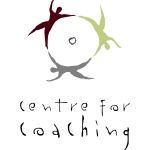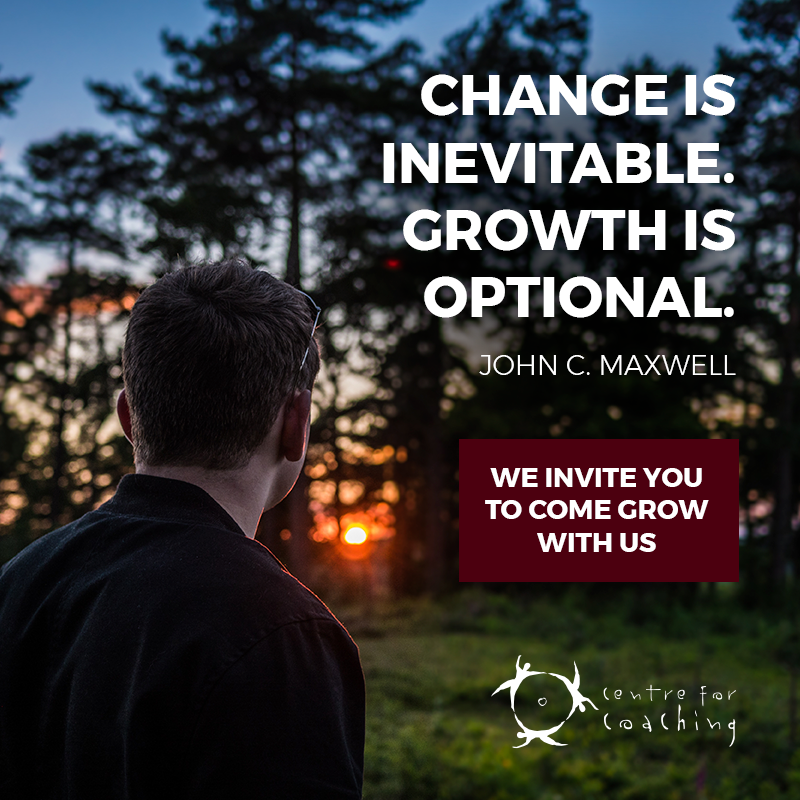Webster University
What is Integral Coaching? How does it differ from Counselling? How does it differ from Mentoring? These are all questions that students and faculty from Webster University were curious to explore during a talk with Janine Everson, Academic Director of the Centre for Coaching based at the Graduate School of Business at the University of Cape Town, and more recently in Switzerland as well.

Dr Ros Thomas, Associate Professor and Head of Psychology at Webster University, introducing Janine Everson
Caption: Dr Ros Thomas, Associate Professor and Head of Psychology at Webster University, introducing Janine Everson
The Centre for Coaching was established in 2002 in Cape Town, forged from a partnership between Craig O’Flaherty, with a background in strategy consulting (Accenture & Gemini Consulting), and Janine Everson, a senior lecturer at the Business School. They have since established themselves as South Africa’s premier executive coaching organisation, building on a partnership with New Ventures West, one of the oldest coaching schools in the United States, where they source the Integral Coaching methodology which forms the foundation of their approach. They have since expanded to Australia, and more recently to Geneva, Switzerland.
Through research, teaching and consulting, the Centre aims to promote coaching as an effective business tool, to deepen local knowledge of coaching and its benefits and to contribute to the professionalisation of the coaching fraternity in the countries where they operate.
During her talk, Janine explored the difference between coaching and counselling with the Webster University Master’s students, using two axes:
- Past to Future
- Problem to Possibility.

On this graph, coaching is very much focussed in the area of Future Possibilities. Should a client encounter a difficulty in unpacking problems in the past, the coach should refer them to someone qualified to help them, i.e. a trained counsellor or psychologist.
Janine went on to explore the difference between coaching, mentoring and managing and explained how integral coaching helps clients arrive at deep insights about themselves, which can then lead to lasting and meaningful development through the application of both language and practice. The integral approach explores all the constitutive elements of being human: spiritual, cognitive, emotional and somatic, and rather than simply staying on the level of a client’s behaviours and actions, it moves to the core of each person’s way of seeing their world and its challenges. The coach’s job is to guide their client on a path of personal development by being fully present, both witnessing and reflecting back to them their way of being in the world. A successful coaching outcome is reflected in increased capability / performance, as well as the capacity for the client to become self-correcting and self-generating. The client is then unstuck from the assumptions that have locked them into seeing the world in a certain way and they are released to explore new and different ways of encountering their lives.
Janine also gave an interesting example of a client she had coached, the head of department at a hospital in South Africa that she helped to find a new way of dealing with her department and the difficulties and resistance that she encountered when taking on this new position (see video below).
The talk ended with a lively question and answer session, and aperitif.
Established in 2002, the Centre for Coaching – situated at the University of Cape Town’s Graduate School of Business (GSB), present in South Africa, Australia and now also in Switzerland – is a leading international executive coaching organisation. Its courses form part of the GSB Executive Education suite of offerings and are thus informed by both academic rigour and coaching practice. The Centre for Coaching links into over 25 years of cutting edge coaching course development and experience offered through its alliance with New Ventures West in San Francisco.
Starting on 25 September 2015, the Centre will be running their second 6-month Associate Coaching Course here in Switzerland. The course is an intensive six-month programme in the study and application of the principles of coaching grounded in an integral approach, designed for participants to emerge as coach practitioners. The course equips participants with the competency to be able to coach others, now recognized as a key skill in many fields and professions, in particular for those in leadership roles and all those that have a strong component of human interaction. The course will be held at the Château de Bossey, Bogis-Bossey, near Geneva. Under the auspices of the Centre’s learning partner, New Ventures West, completion of the Associate Coaching Course will earn you 90 Approved Coach Specific Training Hours (ACSTH) through the International Coach Federation.
For more information: www.centreforcoaching.ch




